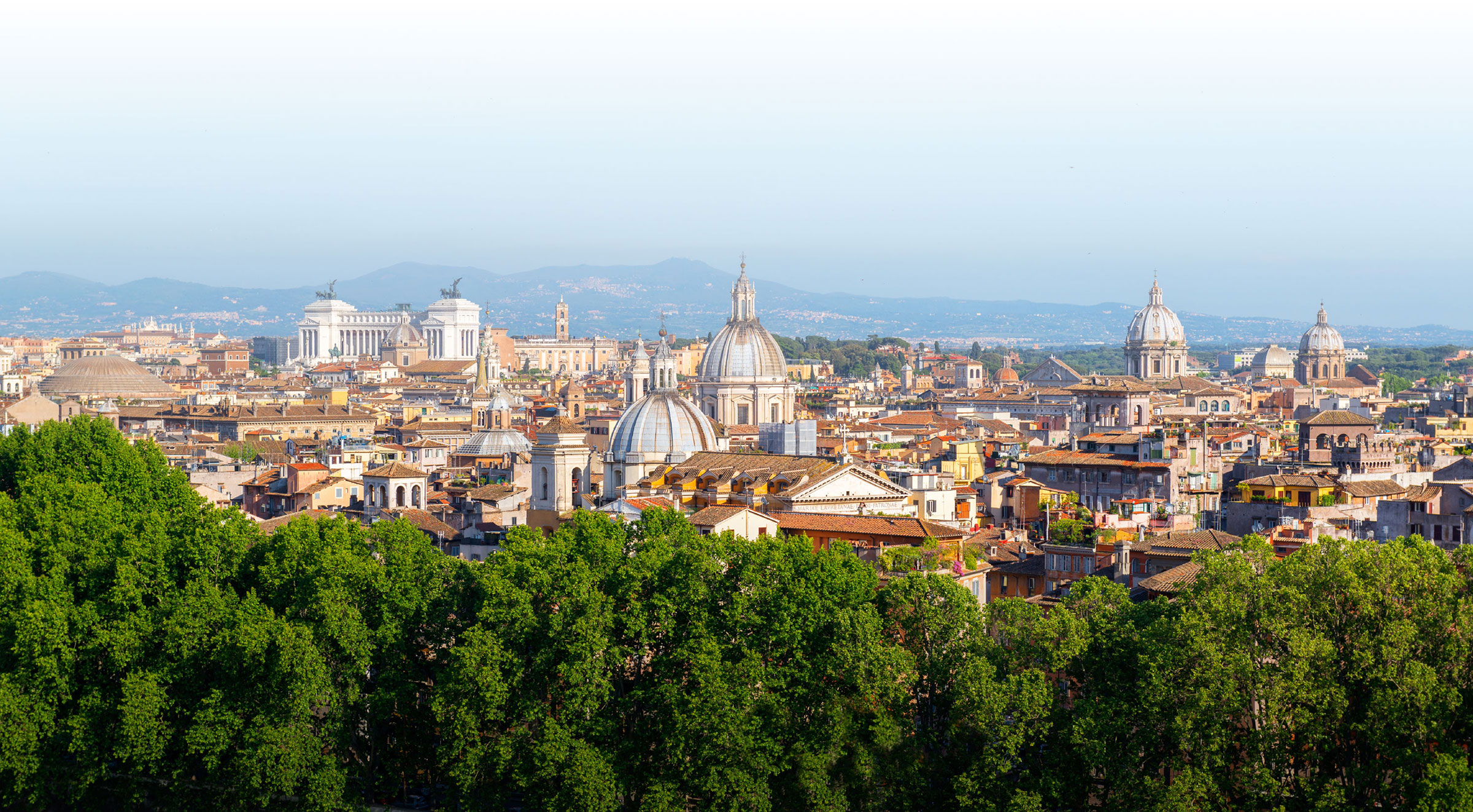Jerusalem
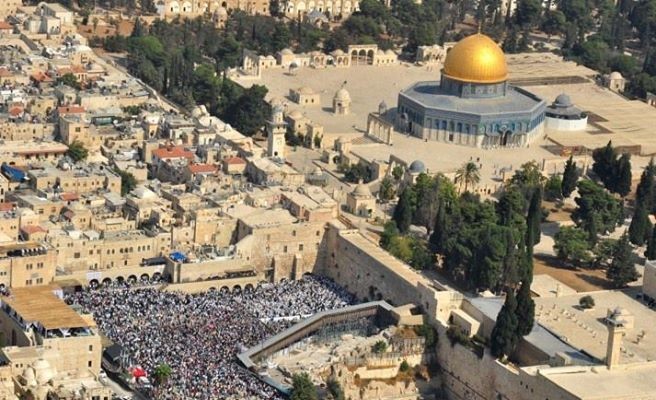
For the last two-thousand years Jerusalem has been at the epicenter of so many world events, making it a must-see destination. Home to Judaism, Christianity, and Islam, your children will have the opportunity to see and experience the cultural and religious differences that fuel so many of the global issues debated and fought over today. While safety is always a concern, the 3.5 million tourists who visit Jerusalem every year are a testament to its safety.
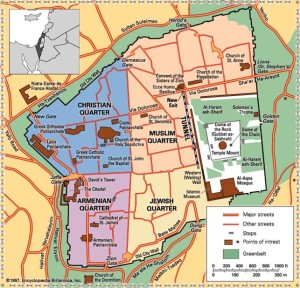
Religion has an impact on the daily lives of many, and arguably an indirect impact on the lives of everyone. Historically, religious wars between different religious groups and even groups within the same religion have affected every part of the world and still do today. Jews, Christians, and Muslims all have a historical claim to Jerusalem. The city today, while controlled by the Israeli government, sustains large populations of all three religious groups worshiping at their respective holy sites. Walking Jerusalem, your children can see the differences between these different religious groups, and the commitment each group has to its faith and practices. Witnessing the devotion these groups have for their respective faiths may inspire your children to examine not only their own beliefs, but also the role religious beliefs inevitably play around the world.
Jerusalem exists because of water. An aquifer providing fresh water allowed civilization to settle in the region. In ancient times, the area around Jerusalem was the land God promised to Moses and his people. It is where the Jewish people settled after escaping slavery in Egypt and—as the story goes—wandering the desert for 40 years. Quarreling between groups within the Jewish population allowed the new Jewish nation to be divided, and consequently, conquered. In 1000 B.C., King David of Israel, the slayer of Goliath, captured the city and made it his capital. His son Solomon commissioned the First Temple to be built in the city. Given Jerusalem’s strategic location between Egypt and Persia it would be conquered over and over by rulers your children will have the opportunity to learn about.
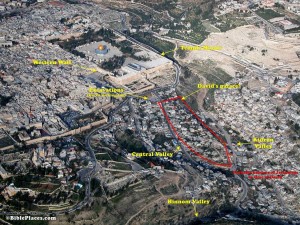 From the time of King David, Jerusalem has been ruled by: Nebuchadnezzar II of Babylon, Darius the Great of Persia, Alexander the Great, Ptolemy I, the Roman Empire, the Byzantine Empire, the Islamic Caliphate, Crusader Knights, and the Ottoman Turks. The re-establishment of a Jewish State did not occur until after World War II. Today at the Temple Mount, visitors can see the remains of Solomon’s temple. Jews consider the Temple Mount their holiest site, and come here to pray, believing the Third Temple will be built on this site with the coming of God.
From the time of King David, Jerusalem has been ruled by: Nebuchadnezzar II of Babylon, Darius the Great of Persia, Alexander the Great, Ptolemy I, the Roman Empire, the Byzantine Empire, the Islamic Caliphate, Crusader Knights, and the Ottoman Turks. The re-establishment of a Jewish State did not occur until after World War II. Today at the Temple Mount, visitors can see the remains of Solomon’s temple. Jews consider the Temple Mount their holiest site, and come here to pray, believing the Third Temple will be built on this site with the coming of God.
While in Jerusalem, your children can trace the rise of the Jewish nation and its subsequent destruction by the Romans. Then, your family can place Jerusalem in a global perspective and continue to follow the Jewish people and the persecution they faced in Spain, England, France, Italy, Portugal and the New World. It would take almost 1,000 years, but ultimately the world which had shunned them would create a new Jewish state. Visiting Jerusalem affords a look at the continuing complexities the Jewish state faces in the modern world.
In addition to the geopolitics of the region, your children can study the impact the Jewish people would have on early financial institutions. While Christians and Muslims were prohibited from loaning money, Jews were not and so played an important role in the growing economy of the ancient world.
Christians claim Jerusalem and the surrounding area as their holiest places. Jesus was born, baptized, crucified, and resurrected here. A trip to Jerusalem is an opportunity to walk the paths of Jesus’ life and consider the situations and decisions he faced throughout. A walk through the Garden of Gethsemane—the site where Jesus prayed with his disciples the night before he was crucified—offers a unique experience considering the life and message of a man who influenced the course of the world. The Bible comes to life in Israel with the opportunity to see first-hand many sites mentioned throughout the New Testament.
Islam’s third holiest site, Al-Aqsa Mosque, is also located in Jerusalem. The mosque is built upon the site where it is believed the Prophet Muhammad was brought during his “Night Journey,” an event where Muhammad traveled from Mecca to Jerusalem and back in a single night while riding a legendary steed. Muhammad would lead prayers in the direction of the Al-Aqsa for a time afterward. Jerusalem’s most recognizable landmark is the Dome of the Rock, a shrine built on the Temple Mount in the Old City of Jerusalem. The Umayyad Caliphate built the shrine on top of the rock where Muslims believe Muhammad ascended into heaven. It also happens to be approximately the same place that Jews and Christians believe Abraham offered his son Isaac as a sacrifice. A visit to this holy site is an opportunity to see the dynamic interactions between these religious groups.
Jerusalem is the perfect place to take your children to study religion. Here, your family can be immersed in the histories of three of the world’s most practiced faiths. Your children can begin to understand how the complex interactions of these three groups have created empires and destroyed civilizations, and how their continuing interactions affect the course of history today.
With the wealth of activities and locations available in Jerusalem, your travel expert will be essential to help you navigate your options. While in Jerusalem, your family can also enjoy visits to Bethlehem, Nazareth, the Sea of Galilee, or Masada, the Jewish mountain fortress where a defiant group of Jews made a final stand against a Roman siege. Whether your particular family interests include history, religion, architecture, politics, or even food, Jerusalem abounds with opportunities to provide unique learning experiences for your children and family.
Learning Opportunities:
- Develop a nuanced understanding of the interactions between three of the world’s most prominent religious groups.
- Trace the historical life of Jesus and walk the same streets he did during his lifetime.
- Discover the intricate layout of Jerusalem and the structures built to protect the city throughout time.
- Learn about the impacts any one of the many rulers or empires had upon Jerusalem’s development.
- Develop an understanding of Jerusalem in a global context and the role it continues to play in world affairs today.
Talk to an expert and create the trip of a lifetime.

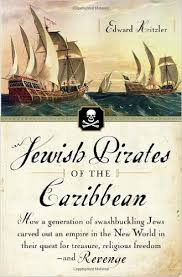 Jewish Pirates of the Caribbean
Jewish Pirates of the Caribbean
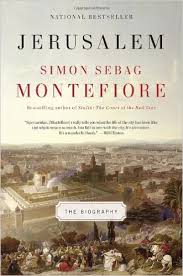 Jerusalem: The Biography
Jerusalem: The Biography
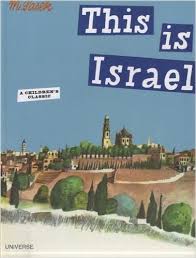 This is Israel
This is Israel
 Jerusalem
Jerusalem
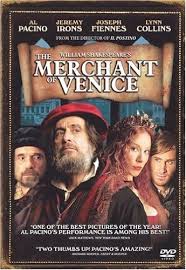 The Merchant Of Venice
The Merchant Of Venice
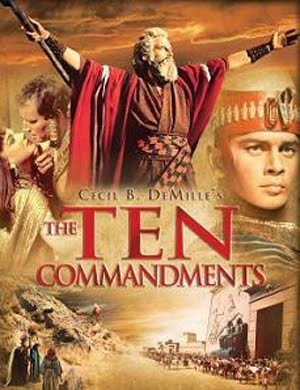 The Ten Commandments (1956)
The Ten Commandments (1956)
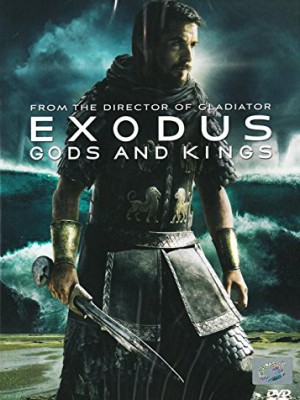 Exodus: Gods and Kings (2014)
Exodus: Gods and Kings (2014)
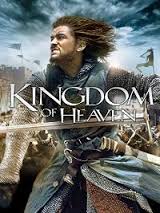 Kingdom Of Heaven
Kingdom Of Heaven
 The 50 Years War – Israel & The Arabs
The 50 Years War – Israel & The Arabs
 Arn The Knight Templar
Arn The Knight Templar
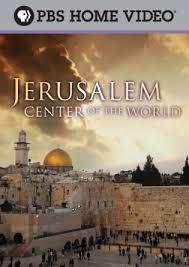 Jerusalem: Center of the World
Jerusalem: Center of the World
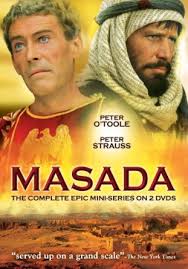 Masada
Masada
